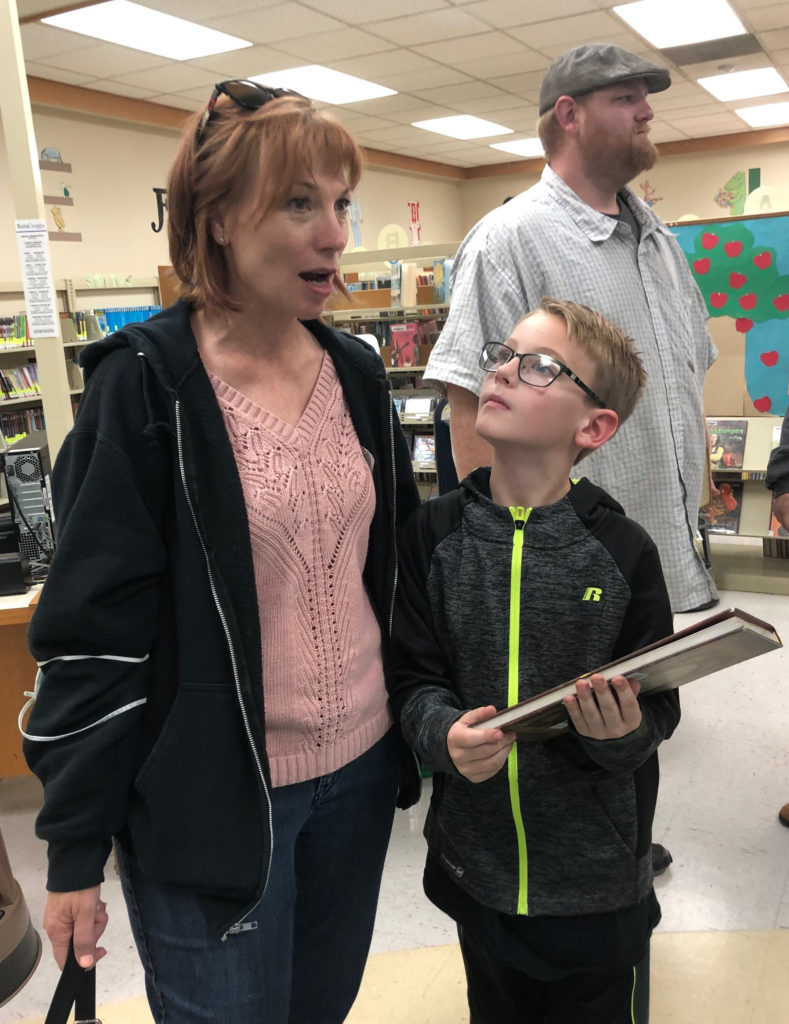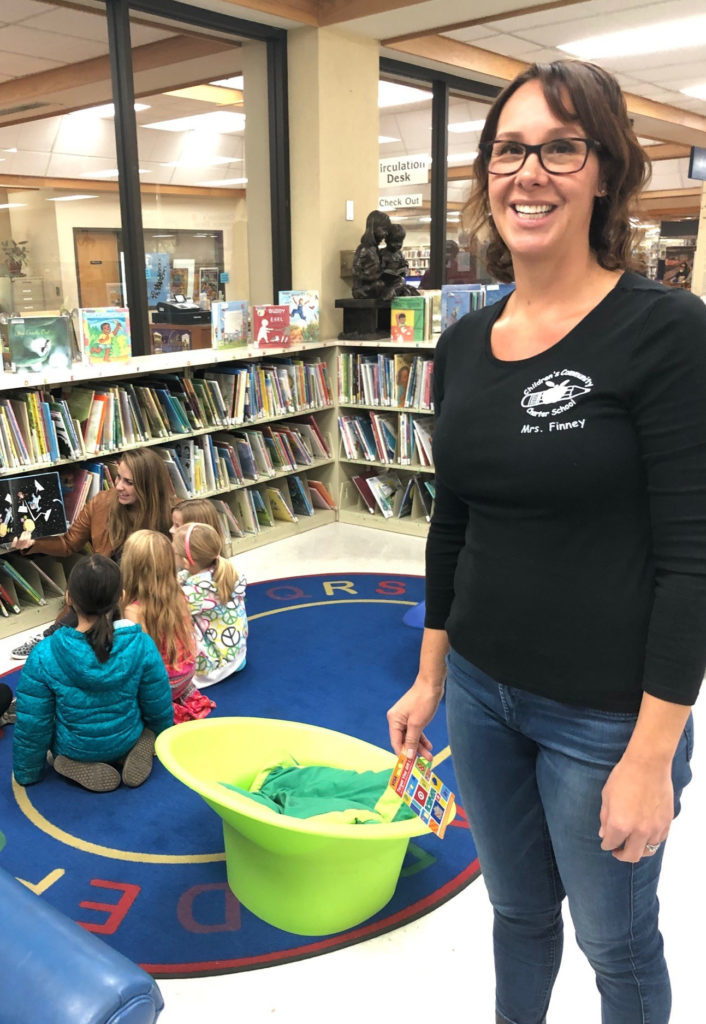
Sheri Eichar
In the days immediately following the Camp Fire, we first met the inspiring educators of Children’s Community Charter School Teachers Association (CCCSTA) when they held class for their students at the Chico Community Library. Teachers Annie Finney, Sheri Eichar and Brittany Bentz read stories and hugged students while fire-weary parents watched their children smile for the first time in a week.

Annie Finney
When we returned to Paradise six months later, these dedicated teachers shared the challenges of educating their students in the midst of uncertainty and without proper care for their severe trauma. This showed itself in numerous ways, such as when students trembled and sobbed uncontrollably during a fire drill or one girl wrote the word “pig” over and over on assignments in daily grief for a lost pet.
Recently, we checked back with Finney and Eichar.
On trauma:
Finney: “The kids don’t want to talk about the fire in front of their parents because they don’t want to worry them. And the parents don’t want to talk about it in front of their kids because they don’t want to upset them. So it stays bottled up. … It’s literally every child.”
Eichar: “Nighttime is hard for the kids. One of my students told her mom she wasn’t sleeping well. When her mom tried to reassure that they were safe, the student responded, ‘You said we were safe before in Paradise.’”
Recovery:
Finney: “We’re focusing on the post-traumatic growth. How can we help students move on from the trauma and grow?”
Eichar: “We have our support circles, and that’s been very healing for a lot of us. We talk a lot about what happened, and we tell our students: Don’t let it define you.”
Resilience:
Eichar: “We could have requested a waiver for testing, but as a charter school, it’s one of our only measures of accountability. So, we tested our kids and were shocked to see their scores actually increased: 4 percent growth in English language arts and 10 percent in math!”
Finney: “Look at what we can do on a bad day! We didn’t shy away. We kept teaching them.”
Special Report: Teaching Through Trauma
This is part of our series that looks at how educators are handling students with trauma. Read more:
Stories
- Teaching Students with Trauma: Practices that work
- A Culture of Compassion: What trauma-sensitive schools look like
- Phoenix Rising: Healing after natural disasters
- Crisis in Our Classrooms: Frightened, anxious immigrant students try to focus on education
- How COVID-19 Impacts the Undocumented
- Returning to Children’s Community Charter School in Paradise
- No Such Thing as a Bad Kid: Youth-care expert Charles D. Appelstein
- Taking Care of You, Too: Educator self-care is critical
- In Their Own Words: Helping students tell what they’ve lived
Resources
- How to help students after disaster
- Restorative practices that aid in trauma recovery
- Trauma Toolkit for Educators
- Helping our immigrant & undocumented students
- Know your rights with ICE
- Educator self-care tip sheet
- Defining trauma
- Symptoms of trauma
- Guidance from UC San Francisco’s HEARTS
The Discussion 0 comments Post a Comment